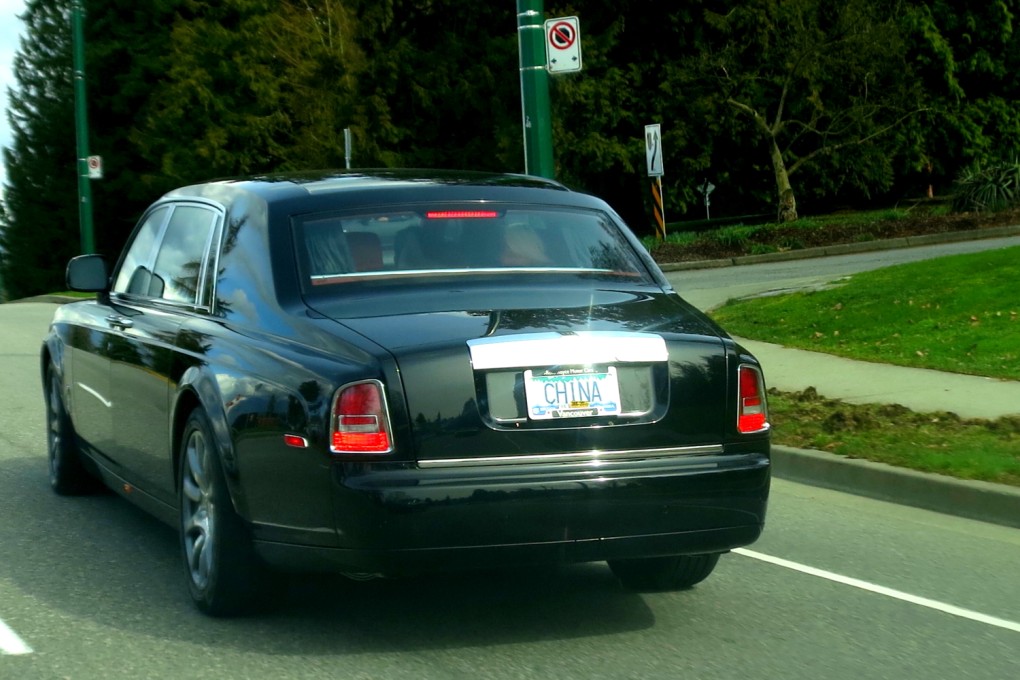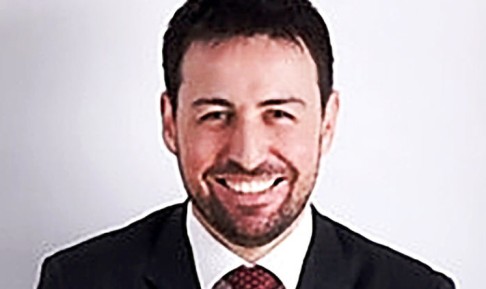Chinese millionaires given just two weeks in scramble for Canada investor visas
Sharp cut-off raises concerns over Ottawa's new migration scheme, as language rules are said to weigh against Chinese applicants

Ottawa has given wealthy would-be immigrants a maximum of just two weeks from today in which to apply for its new millionaire visa scheme, potentially setting off a race among the world's rich seeking coveted Canadian permanent residency.
But there are doubts about whether the tight schedule gives applicants enough time, with one prominent immigration lawyer suggesting Canadian authorities may be "disinterested in filling their quota".
The Immigrant Investor Venture Capital (IIVC) scheme - which will grant permanent residency to immigrants worth at least C$10 million (HK$62 million) who are willing to hand over C$2 million to be invested in companies of Ottawa's choosing - will only be open for applications until February 11 or until the annual quota of 500 applications is received worldwide, whichever comes first.

The deadlines and selection rules were revealed on Saturday when immigration minister Chris Alexander's instructions on the IIVC scheme were gazetted by Citizenship and Immigration Canada (CIC).
Wealth migration to Canada has recently been dominated by mainland Chinese millionaires, who made up a large majority of applicants under the now-defunct Immigrant Investor Programme. But the IIP was shut down last year after a massive backlog of tens of thousands of mainland Chinese applications developed at Canada's consulate-general in Hong Kong. There were also doubts about how beneficial the immigrants admitted under the scheme had been to the Canadian economy since the IIP was launched in 1986.
Vancouver immigration lawyer Ryan Rosenberg, managing partner of Larlee Rosenberg, questioned the "sincerity" of CIC's dedication to the IIVC scheme.